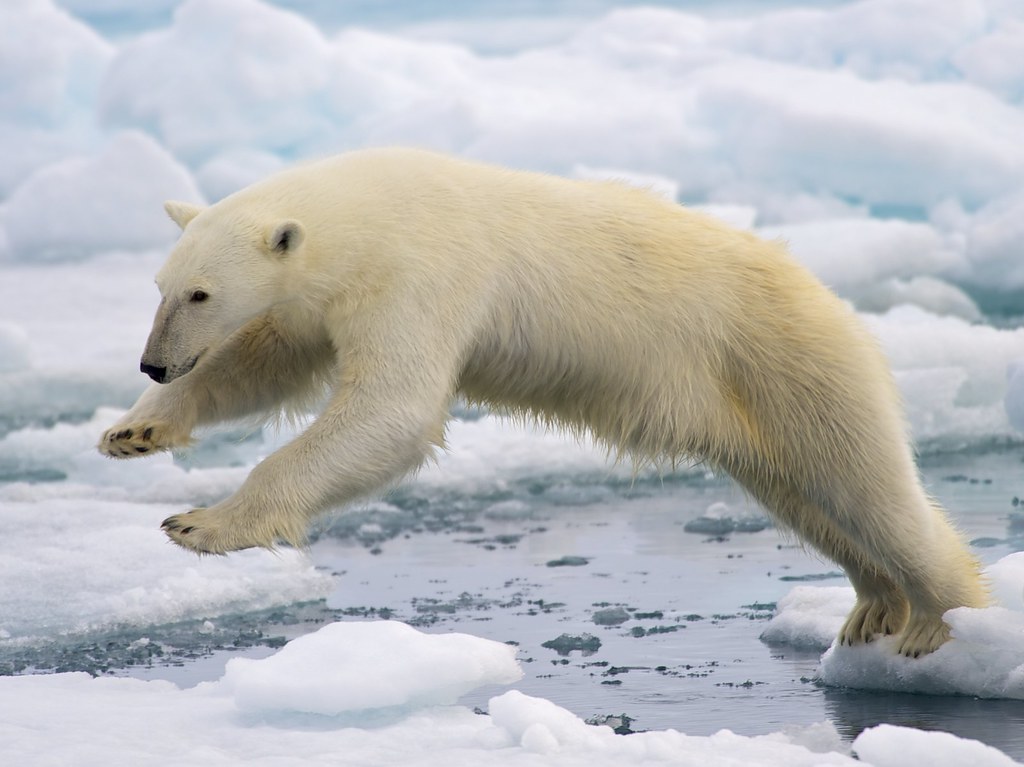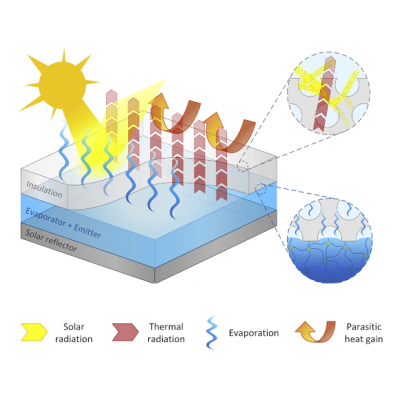Scientists have discovered a new material that could revolutionize the way we insulate our clothing. Aerogels, which are known for their excellent thermal insulation properties, have been limited in their use due to their fragility and poor processability. However, researchers have now found a way to encapsulate aerogel fibers with a stretchable layer, similar to the structure of polar bear hair.
This new fiber has a high internal porosity of over 90%, but can also stretch up to 1000% strain, which is a huge improvement compared to traditional aerogel fibers that can only stretch up to 2%. The fiber is also washable and dyeable, and can withstand 10,000 stretching cycles without losing its thermal insulation properties.
To test the effectiveness of this new material, scientists knitted a sweater using the fiber. The sweater was only one-fifth as thick as a down jacket, but had similar insulation performance. This breakthrough could lead to the development of multifunctional aerogel fibers and textiles that are both lightweight and highly insulating.
The inspiration for this new material came from the polar bear, which has a unique core-shell structure in its hair that allows it to stay warm in extremely cold temperatures. By mimicking this structure, scientists were able to create a material that is both strong and stretchable, while still maintaining its thermal insulation properties.
This discovery has the potential to revolutionize the clothing industry, making it possible to create lightweight, highly insulating clothing that is also durable and easy to care for. It could also have applications in other industries, such as construction and transportation, where thermal insulation is important.
Overall, this breakthrough is an exciting development in the field of materials science, and could have a significant impact on our daily lives. With the potential for new and innovative products, the future looks bright for this new type of aerogel fiber.










